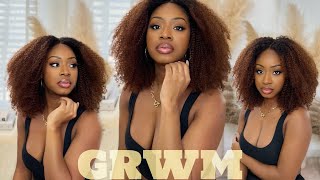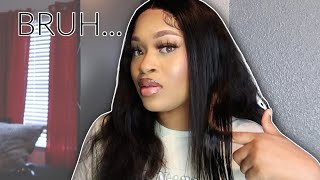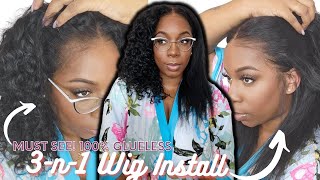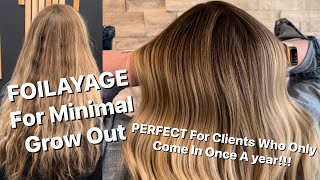Get Your Oil Game Up - 6 Beneficial Oils To Use in Your Regimen
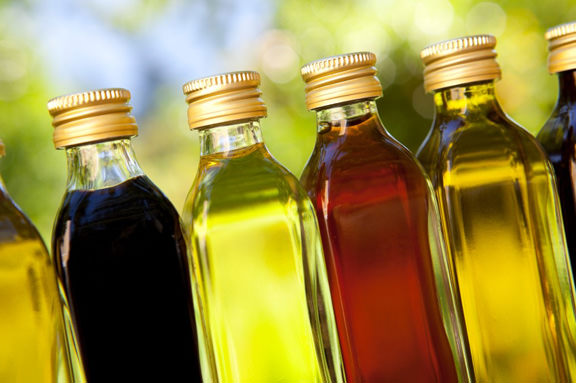 Rosemary Oil* or Rosmarinus Officinalis is an essential oil that encourages growth with follicular stimulation and strengthens hair.
Rosemary Oil* or Rosmarinus Officinalis is an essential oil that encourages growth with follicular stimulation and strengthens hair.
This oil is great those suffering from alopecia or thinning edges. It can be used alone with carrier oils or mixed with other essential oils* to relieve dry, flaky scalps.
Word of caution, women who are pregnant or breast- feeding shouldn’t use rosemary oil*. This essential oil can possibly lead to miscarriage or disabilities of the fetus.
Tea Tree Oil* or Melaleuca Oil is another essential oil I use in my hot oil treatments. This oil has helped me with dry itchy scalp, however, it was only a temporary fix for me at the time.
It’s antibacterial and antifungal properties can also help with dandruff, athlete’s foot, and bug bites while encouraging hair growth.
Neem Oil is an essential oil high in Vitamin E and is a vegetable oil pressed from seeds and the fruits of the neem tree. Neem stimulates and improves scalp circulation.
Its powerful antibacterial and antifungal properties helps to relieve cradle cap, dandruff, and psoriasis. I’ve used this oil alone and discovered it is more effective than tea tree oil* alone for my scalp problems. It did help eliminate my troublesome itchy scalp, and I now use both in my hot oil treatments.
Neem oil helps with shedding from the root while encouraging strong healthy hair growth and it can help with premature graying.
I originally started using this oil mixed with my co-wash and was amazed at how it helped my itchy scalp. You can add this to your shampoo or conditioner for best results.
Warning, this oil does have an odd smell, but since it’s highly effective in killing mold, fungus, and bacteria it’s a keeper in my book.
It has a very strong nutty aroma, but the smell dissipates once mixed with other oils and eventually rinsed out of your hair.
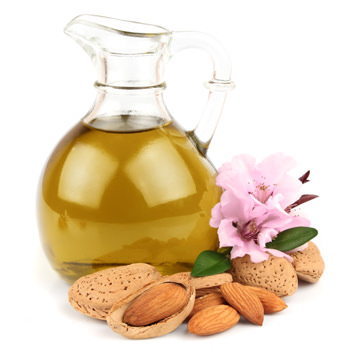
Sweet Almond Oil* or Prunis Dulcis is one of two carrier oils I can add directly to my scalp without consequence. This oil effectively penetrates the hair shaft and moisturizes the hair from the inside out.
This oil is enriched with Vitamins B1 and B6 which helps to promote healthy hair growth, Vitamin E, a much needed antioxidant that produces hair circulation in the scalp, and Vitamin A or retinol.
Vitamin A aids in sebum production, an oily substance our scalp creates and it helps the hair to stop breaking and drying. Some people produce this more than others.
Castor Oil is a carrier oil and also a wonderful emollient and humectant for hair and skin. This was one of my first oils I used along with olive oil for strengthening and thickening of my crown and nape area last year. It does aid in thinning edges and hair loss.
It is also said that it has antifungal and antibacterial properties, but it did not seem to help my itchy scalp last year. As a matter of fact, I made the mistake of applying this highly viscous oil directly to my scalp and both times, it made my scalp tender as hell.
Word of caution when using this oil, don’t use too much of it and definitely mix with other oils or you’ll end up with a sticky head of hair.
Jojoba Oil is extracted from the seeds of the jojoba plant, otherwise known as Simmondsia Chinensis. I love, love, LOVE jojoba because this carrier oil is one of two oils I can apply directly to my scalp without major consequences.
This oil closely matches the sebum in our scalps and does penetrate the hair shaft. It is great for dry hair by sealing moisture in, helps with split ends, and dandruff. Oh and it’s an excellent frizz fighter and I now have replenished my stock with a huge bottle.
Coconut Oil (Cocos Nucifera) I used coconut oil last year as a deep conditioner*, but it seemed to dry my hair and make it brittle so I dismissed it.
Well, I gave it another chance and realized it works better for my hair when used as a hot oil treatment. Possessing antimicrobial properties, coconut oil can be used for dandruff, eczema, psoriasis, or just dry skin.
I know it has been great at maintaining moisture in my skin during winter months. This oil can strengthen the hair similar to what a protein treatment does for hair. For those of you who are protein sensitive, beware.
If trying a new oil out for the first time, test them on your wrist and/or along the inner side of your upper arm. Allow 24 hours to pass, if you break out or the area turns red, then chances are you are allergic.
Comment below and let us know what is your favorite oil to use in your regimen?

